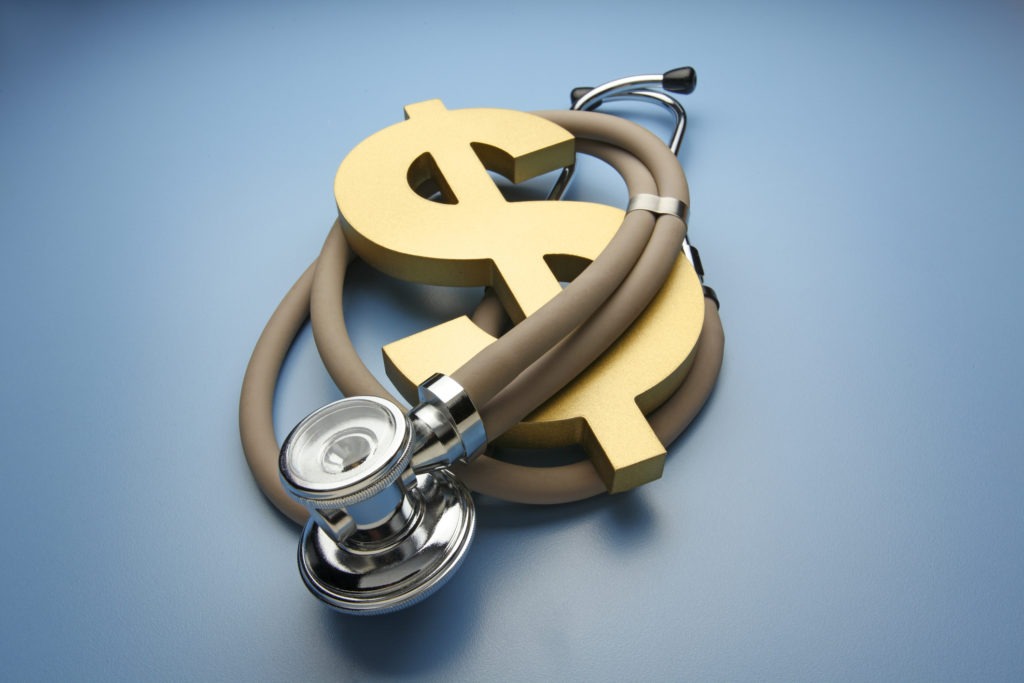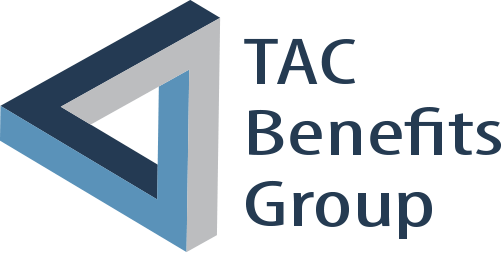It’s happened to almost everyone. You go for surgery at an in-network hospital and receive an unexpected bill for thousands of dollars for anesthesia. You didn’t know it at the time, but it’s because the anesthesiologist was out of network. Or you have an emergency, and you are rushed to the closest emergency room without thinking about the network of hospitals in your health plan. A hefty bill follows, much to your surprise.
The problem arises when patients receive treatment from out-of-network providers without being told upfront, or because they had no choice in the matter (say in an emergency).
In some cases, your insurance company charges you 100% of the cost of the service. In other cases, insurance pays the provider a portion of their fee and then the provider turns around and sends you a bill for the difference, a practice called “balance billing.”
Up until now, many consumers felt that they had to fight on their own or had no way to combat the situation.
“Right now, even when patients do everything right – have insurance, inquire about network status – they still are caught in the middle of a system over which they have no control,” said Caitlin Donovan, director of outreach and public affairs for the National Patient Advocate Foundation.
As of January 1, 2022, surprise billing will be illegal.

A vast and troubling problem
Researchers estimate that one in every five emergency room visits and one in every six in-network hospital stays prompts a surprise medical bill, notes the Biden administration*. And the consequences are often financially devastating. Many Americans have not saved enough to cover even an unexpected $1,000 medical emergency, let alone one that adds up to tens of thousands of dollars.
In fact, two out of three bankruptcies filed in the United States are tied to medical expenses, reports CNBC.**
It’s no wonder that 2 in 3 adults say they worry about unexpected medical bills according to the Kaiser Family Foundation Health Tracking poll.
The No Surprises Act offers new consumer protections
Passed in the closing days of 2020, the new law gives consumers new federal protections against surprise medical bills. An interim final rule was issued on July 1, 2021.
Who does it apply to?
People who are covered by employer group health insurance, federal or state marketplace plans or individual health plans.
What services are covered?
The rule applies to:
- Most emergency care
- Non-emergency care from out-of-network providers at in-network facilities
- Air ambulance services from out-of-network providers
What isn’t included?
For now, there are three situations where the rule does not apply:
- Ground ambulances
- Non-emergency services at urgent care facilities
- Situations where the patient is informed and gives written consent for uncovered treatment

How it helps
The U.S. Department of Health and Human Services explains how the new rule protects consumers. ***
It eliminates:
- Surprise billing for emergency services which must be treated on an in-network basis without prior authorization.
- High out-of-network cost-sharing. Patient cost-sharing, such as co-insurance or a deductible, must be based on in-network provider rates.
- Out-of-network charges for ancillary care (like an anesthesiologist or assistant surgeon) at in-network facilities.
- Other out-of-network charges without advance notice. Patients must consent to receive out-of-network care before the provider can bill at the higher out-of-network rate. Health care providers and facilities must provide patients with a plain-language consumer notice explaining this.
After January 1, if you believe that you’ve been balanced billed, speak up. “If you get a bill and it says somewhere that your insurer paid ‘x’ and you still owe this much, that should be a red flag,” said the National Patient Advocate Foundation’s Caitlin Donovan.


